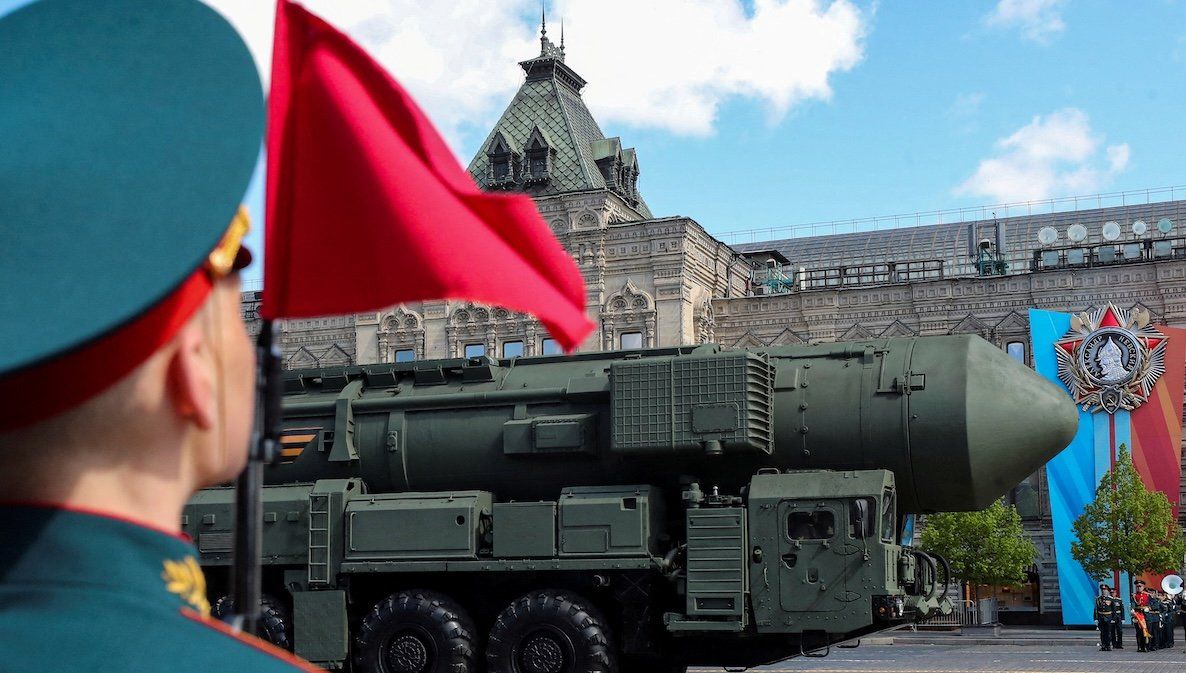Hard Numbers: New records in global defense spending and journalist deaths, Car attack strikes Munich, Danes joke about buying California, Japan may u-turn on nuclear energy
Russian Yars intercontinental ballistic missile launcher takes part in the Victory Day military parade general rehearsal on the Red Square in Moscow, Russia, on May 5, 2024.
2,460,000,000,000: In 2024, global defense spending rose to a new height of $2.46 trillion, according to the London-based International Institute for Strategic Studies think tank. Worth noting: The Kremlin outpaced all other European countries combined. Russia’s military expenditure equated $461.6 billion in purchase parity terms, eclipsing Europe’s $457 billion.
124: 2024 was the deadliest year for journalists on record since the Committee to Protect Journalists started tracking more than 30 years ago. At least 124 media workers were killed last year — nearly two-thirds of them in Gaza. The next deadliest nations were Sudan and Pakistan, with six deaths each.
20: At least 20 people, including children, were injured in Munich on Thursday when a driver plowed into a trade union demonstration. The driver was detained at the scene, and another man in the car, a Mini Cooper, was reportedly shot by police. The attack puts the German city on alert just a day before it's set to hold the 61st edition of the Munich Security Conference featuring world leaders. Some of those involved were critically injured, officials said.
200,000: A deeply unserious campaign for Denmark to purchase California from the United States gained significant traction online this week, following President Donald Trump’s repeated calls to purchase Greenland, an autonomous Danish territory. So far, more than 200,000 people have signed the virtual petition to “Måke Califørnia Great Ægain.”
14: Nearly 14 years after an earthquake and tsunami led to a triple meltdown at the Fukushima power plant, the Japanese government is considering an about-face on its plans to limit reliance on nuclear power. A draft strategic energy plan from the trade and industry ministry calls for a “maximization” of nuclear power to help reach its emissions and energy security targets. The plan calls for around 20% to stem from nuclear reactors by 2040, 40-50% from renewables, and 30-40% from coal (down from 70% at present).
